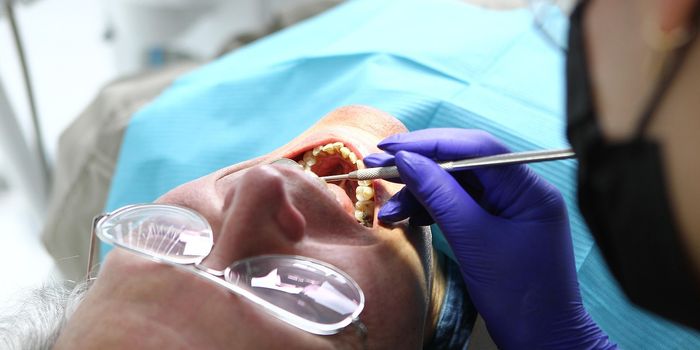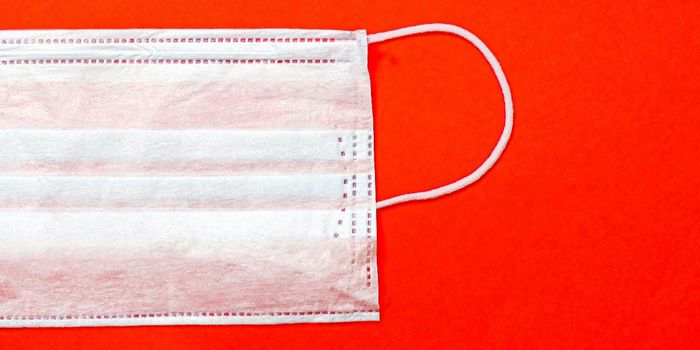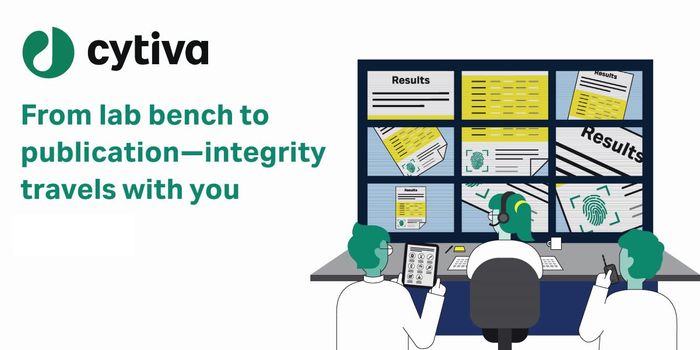Psychedelics May Serve as Potential Treatment for Depression
Research at the University of California is examining the effect of hallucinogenic drugs on the brain and how this research can potentially provide some answers in treating depression and other mental disorders. The latest findings have shown the ability of these psychedelic drugs to change the neurons and glial cells present in the brains of rat and flies; primarily increasing the connectivity between neuronal cells.
Although depression has long been believed to be asocated with chemical imbalances in the brain, recent research has provided evidence of how structural changes in parts of the brain can also be associated with depression. For example, in a recent fMRI study, the hippocampus was found to be around 9 to 13 percent smaller among individuals afflicted with depression.

Senior author David E. Olson discussed that “one of the hallmarks” of depression is the presence of shriveled up neurites in the prefrontal cortex of the brain. The prefrontal cortex is the region of the brain concerned with emotion and mood regulation. “People have long assumed that psychedelics are capable of altering neuronal structure, but this is the first study that clearly and unambiguously supports that hypothesis,” he said. “What is really exciting is that psychedelics seem to mirror the effects produced by ketamine.”
Despite multiple limitations, Ketamine was studied to have antidepressant properties. Olson and co-researchers were particularly interested in how psychedelics could hold the similar effects of ketamine on neurons grown in a petri dish. But after treatment with a dose of DMT (a psychedelic compound), rats had an increase in the number of dendritic spines, which was similar when these rat model were treated with ketamine.
"These are some of the most powerful compounds known to affect brain function, it's very obvious to me that we should understand how they work," said Olson. With these research findings, it was crucial to bring the risks of psychedelics into light. For one, the drugs could induce forms of psychotic disorders particularly in individuals who are genetically predisposed.

A professor of clinical psychiatry, by the name of Richard A. Friedman, at the Weill Cornell Medical College, believes that psychedelics may be behaviorally toxic, as well as an addictive similar to cocaine or alcohol. “Psychedelics might turn out to have real promise, but that needs to be proven through large, rigorous, placebo-controlled trials. We’re not there yet,” he cautioned.








